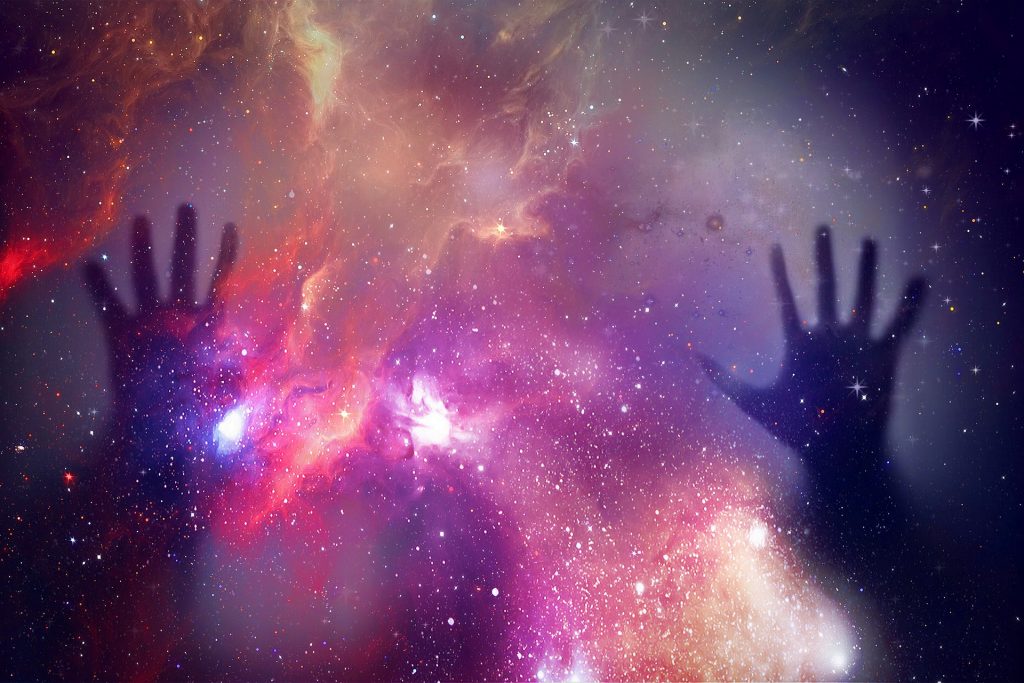The Dialogue between Christianity and Science in the West and in the East
Juuso Loikkanen

In recent decades, the relationship between Christianity and natural science has become a popular area of research in academia. In addition to finding its way into university philosophy and theology departments, several research centres have been established dedicated solely to the study of science and religion. Owing to popular atheist authors, like Richard Dawkins and, in Finland, Kari Enqvist, the topic has also attracted a considerable amount of public attention.
Notably, the science and religion dialogue has taken place almost entirely in the context of Western Christianity. In Orthodox theology, this kind of discussion has been practically non-existent. The reasons are both historical and theological.
In Western Europe, during the Enlightenment in the 18th century, empirical science became a separate discipline from traditional holistic philosophy and theology. Phenomena observed in the world were previously explained as acts of God, but during this period nature began to be understood as separate from God, so additional justification was needed beyond attributing natural occurrences to God as a ‘supernatural’ entity with influence on nature. As a result, a contradiction began to emerge between God’s actions and the laws of nature seen as independent of God.
In Orthodox Christianity, such a distinction between natural and supernatural gained little ground during or since the Enlightenment. The reality is still seen as indivisible, and God is viewed as a force influencing the entire universe. From an Orthodox point of view, the idea of perceiving the world through science and faith as two completely separate lenses and of conceiving of nature as a research subject that can only be understood by reason is inadequate. The physical world does not operate only on the laws of nature without the presence of God.
In the Western discussion, discerning between general divine action and special divine action has become customary. Roughly speaking, God’s general action involves maintenance of the universe and the laws of nature, whereas His special action involves unique acts that occur in a particular place at a particular time. Often, God has been thought to bring about only events that occur through special divine action using some temporal causal mechanism, such as microscopic quantum phenomena, for example.
However, while some have speculated on how God influences the physical world, no concrete theory of special divine action has been developed that explains how He does this. According to some, not knowing how God brings about events in the universe poses an insurmountable challenge for Christian theology. Or could the answer be that trying to understand in detail how God works in the world does not even make sense in the first place? In considering this, the Orthodox view of the futility of the boundaries between the natural and the supernatural and the general and special action of God may be useful.
As mentioned, the distinction between pure nature and the supernatural and the idea of a God who needs to intervene with nature in order to have an impact is alien to Orthodox theology, according to which God works through everything, everywhere. According to Maximus the Confessor, all that exists has been created by the power of the Word of God (logos), and the manifestations (logoi) of the Word penetrate the universe, having been planted in creation already in the beginning. The laws of nature discovered by science are interpreted to reflect logoi that draw their power from God and support the universe.
This kind of thinking is not completely foreign to Western theology, but the significance of logoi is modest: they can serve as a background for sustaining the universe, but they do not eliminate the need for special divine action to explain miracles, for example. In Orthodox theology, logoi are thought to occasionally manifest as higher-level laws of nature incomprehensible to science, which sometimes bring about events that are interpreted as miracles.
In sum, what is often seen as supernatural in the West is quite natural according to Orthodox theology, a manifestation of God’s grace and world-sustaining general action. Miracles do not happen because God momentarily overrides the normal laws of nature but because, in addition to the laws of nature that we consider normal, glimpses of deeper laws sometimes emerge. A strong teleological and eschatological dimension is present here: every now and then, God’s reality gives hints of itself beyond our normal understanding, waiting to be revealed at the end of time.
Although more concreteness is called for in terms of combining specific theories of science with the teachings of Christianity, I believe that the Orthodox tradition can contribute to the discussion on the relationship between science and religion more than it has traditionally done.
Dr Juuso Loikkanen is a Postdoctoral Researcher in Systematic Theology at the University of Eastern Finland. His main research interests lie in the area of the dialogue between science, theology, and philosophy.